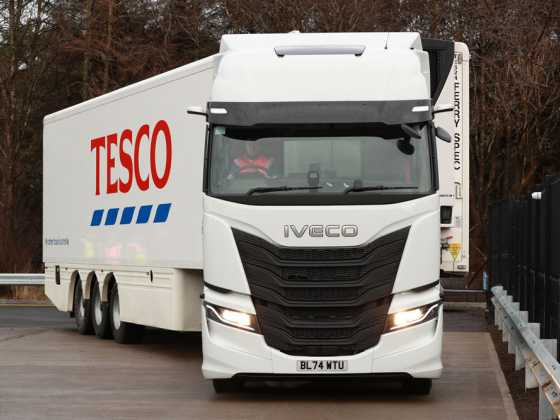Mercedes-Benz to produce carbon neutral cars by 2039

Mercedes-Benz Cars has committed to only producing carbon-neutral cars by 2039, with plug-in hybrids or all-electric vehicles to make up more than 50 per cent of its car sales by 2030. The company is also looking to electrify its vans, trucks and buses.
Presenting its “Ambition2039” strategy at a press conference, Ola Källenius from Daimler AG, said: "We aim to have a carbon-neutral new passenger car fleet in 20 years. Let’s be clear what this means for us: a fundamental transformation of our company within less than three product cycles. That’s not much time when you consider that fossil fuels have dominated our business since the invention of the car by Carl Benz and Gottlieb Daimler some 130 years ago. But as a company founded by engineers, we believe technology can also help to engineer a better future. Our way to sustainable mobility is innovation – in a holistic approach along the entire value chain."
The company says that while its focus is on battery-electric mobility, it will also be looking at other solutions, such as fuel cells or eFuels.
Ola Källenius said: "Today, no one knows for sure which drivetrain mix will best serve our customers’ needs 20 years from now. That’s why we encourage policy makers to pave the way for tech neutrality: Let’s fix the target, but not the means to achieve it."
Daimler is also striving to be carbon-neutral in the production of vehicles, with renewable energy and recycling being adopted in its plants.
The company also wants its customers to charge their vehicles with green energy, using Mercedes Me Charge, for example, which uses renewable sources wherever possible.
Ola Källenius said: "The transformation to a sustainable mobility of the future will only succeed if the auto industry, energy suppliers and policy makers are working hand in hand. It requires massive investments and tangible action also beyond the auto sector. Carbon-neutral energy and a comprehensive infrastructure are indispensable for this system change. And we are open to a discussion on effective CO2 pricing as well as incentives for low/ no carbon technology - preferably on a global scale."



